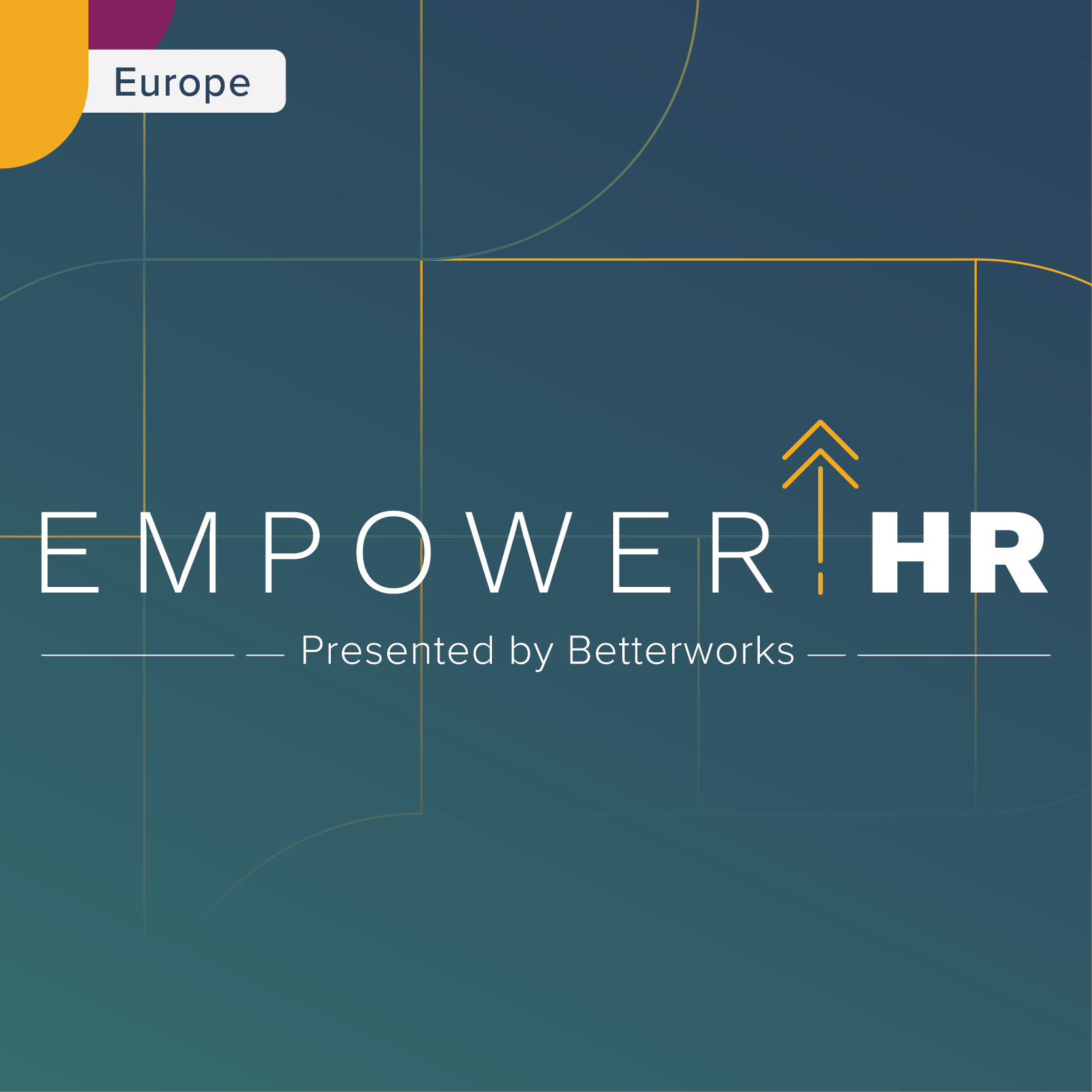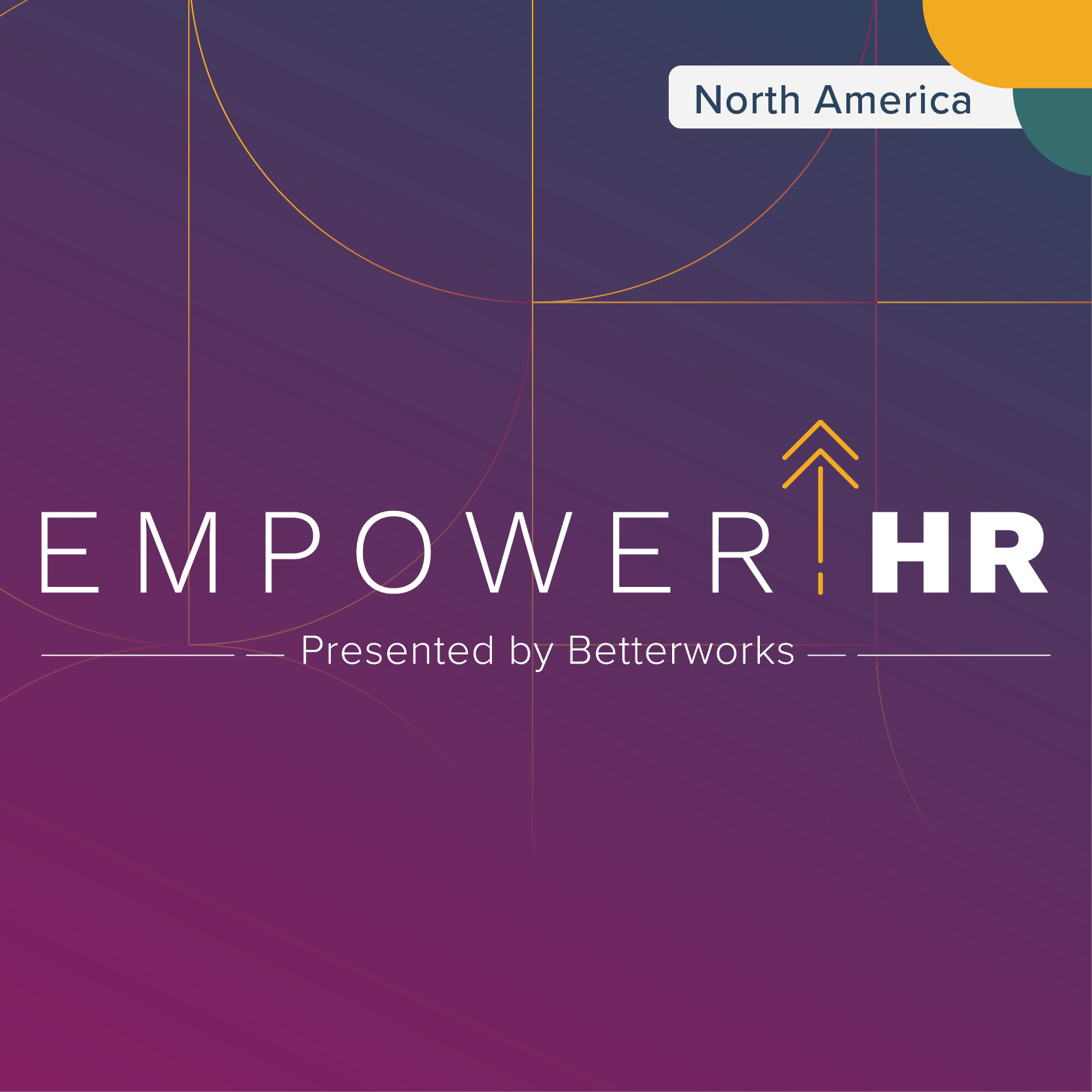In part one of this article, we heard from Karina Young, People Operations Manager at Khan Academy, on the topic of finding a good balance within performance management programs. Today, we’ll hear more from her concerning helping managers become better, getting the help you need, and starting performance management on day one.
Help Managers Become Better Managers
Development is just as important for managers, if not more so. Too often, new managers are thrown into their roles without adequate training. When developing and implementing our performance management process, we spent time helping each manager understand the coaching and development elements of his or her role. Managers had training to learn about delivering feedback effectively, and we also encourage employees to provide feedback directly to their managers.
Because our performance process isn’t just a once-a-year task, we utilize Betterworks to help guide managers throughout the process. It reminds them to prepare for an upcoming performance conversation, provides suggested questions to ask, and helps with tracking progress toward goals.
Not only does all of this allow individual managers to become better at being managers, but it also improves the consistency of the employee experience. If you’re feeling overwhelmed by how much coaching your managers may need, lean on your internal experts for help. Ask seasoned leaders who exemplify the leadership values of your organization to spend some one-on-one time with new managers as a way to help expedite the learning process.
Get the Help You Need to Ensure Success
Always remember that you don’t have to go it alone! Implementing any new process can be a challenge, especially at fast-growing and large organizations. It can be useful to start with one small, willing team and let its success drive interest from other groups. And as you scale your implementation, you’ll need help from technology to ensure your workforce remains aligned and motivated—and that you do not personally have to run around after everyone.
I also recommend talking to your HR peers about their program design and implementation. Everyone has stories of success and failure that you can learn from. At the very least, you’ll get the emotional support and encouragement you need to keep going and not feel like the only person who understands the importance of what you’re doing.
My HR network is key; I lean on them constantly (and want them to lean back on me). Most people operations roles aren’t at the front and center of an organization, and that’s an aspect of our roles we should feel comfortable with. You may be energized by different kinds of praise; recognition comes in many forms, and it’s up to you to identify what is most meaningful and then ensure your stakeholders know.
Performance Management Starts on Day One
Once you’ve implemented your program, you want to make it part of your company’s muscle memory. We’re focusing on bringing this to our onboarding, where we can show new employees what performance management looks like at our business, how to connect with their managers, and the importance of a goal-setting mind-set. HR professionals should do their best to ensure each employee has the ability to receive quality coaching, performance management, and fair evaluations throughout the year.
Creating a performance management program rooted in forward-facing, frequent, lightweight conversations, and supporting this process with easy-to-use technologies, will allow your business—no matter what size it is—to reduce stress on its performance management process and ensure everyone stays focused on achieving his or her goals, not managing them.
This article originally published in HR Daily Advisor.
To learn more about how HR can help managers become better managers and boost their impact across the organization, get your free research report from Betterworks’ 2018 State of Continuous Performance Management Survey.







